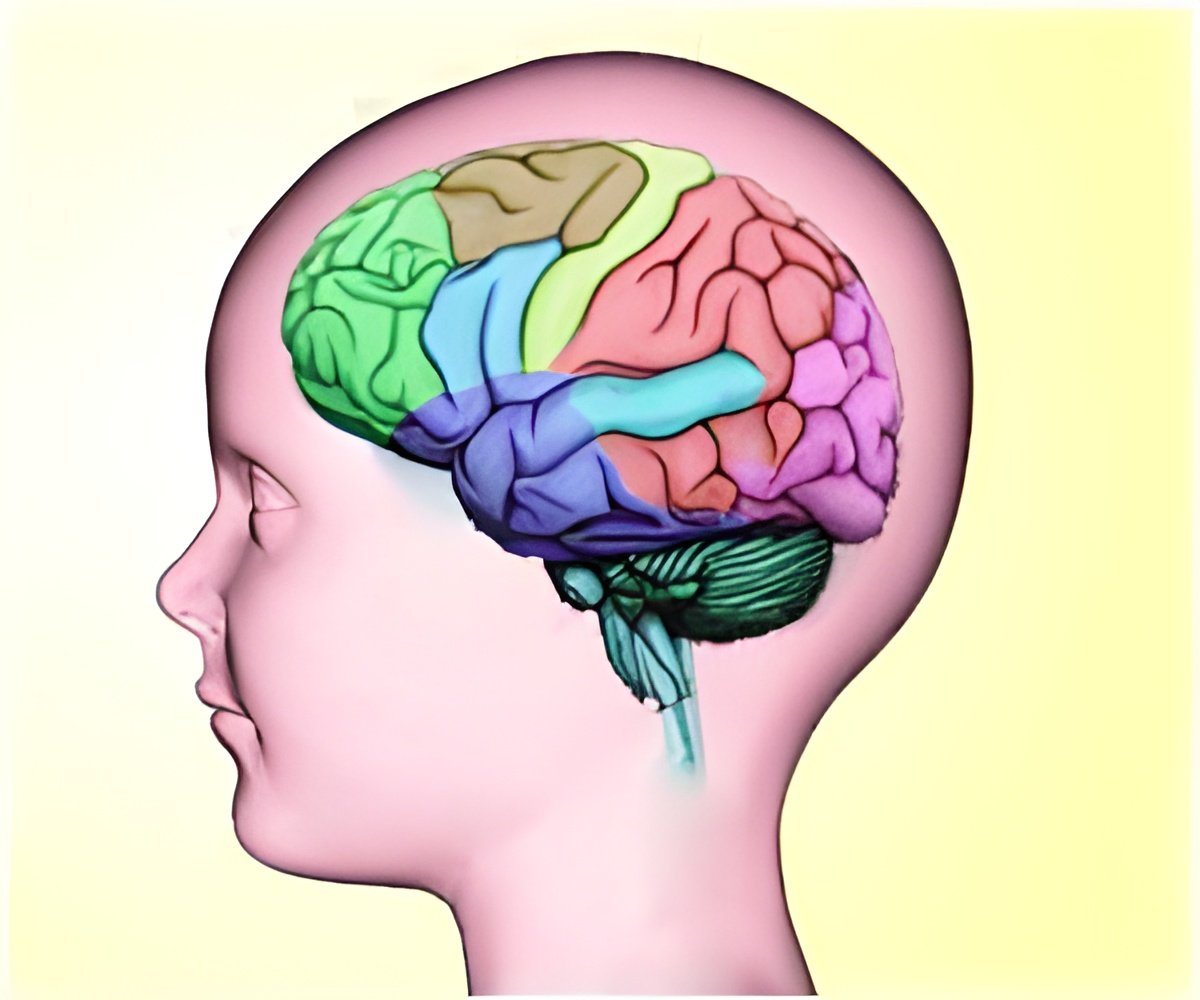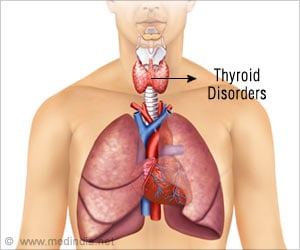ZipDose 3D printing technology allows the pill to dissolve faster while delivering up to 1,000 mg of epilepsy medication in a single dose.
Three-dimensional (3D) printing technology has enabled designers and experts in a range of fields to create complex pieces and tools in record time by lowering the costs substantially over the past few years. The US Food and Drug Administration (US FDA) has approved the commercial distribution of several medical and prosthetic devices created by 3D printers. The FDA has now approved the sale of an anti-epilepsy pill manufactured with a 3D printer.
Aprecia Pharmaceuticals announced that the US FDA had approved its Spritam medication for the treatment of epilepsy. The company said, "With our ZipDose 3D printing technology, it is possible to create a detailed, porous structure which allows the pill to dissolve faster while delivering up to 1,000 mg of medication in a single dose."
Aprecia's Spritam will reach the market early in 2016. Aprecia said, "The ZipDose technology will improve the administration of medications to children and the elderly."
Source-IANS











